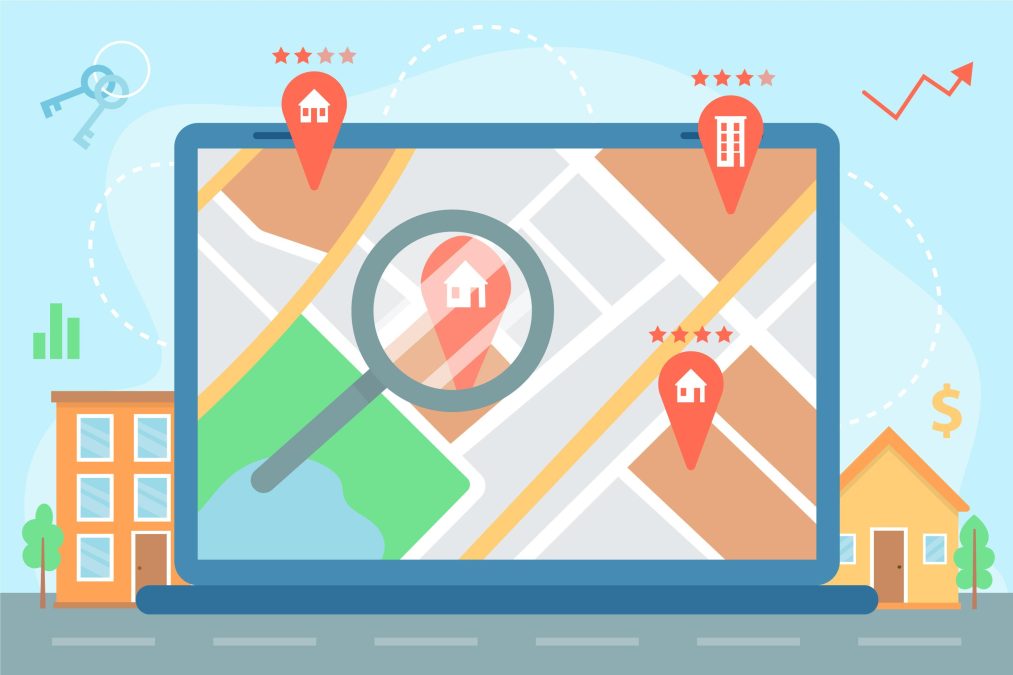If you’re a business aiming to dominate your neighborhood search results, relying solely on manual efforts just won’t cut it anymore. With search engines evolving faster than ever, using the right software for local SEO can give your business a razor-sharp edge—if you pick wisely.
But here’s the catch: while some tools promise the world, others quietly deliver game-changing results. In this blog, we’re not just listing the 10 best software for local SEO in 2025—we’re diving into why they matter, what makes them controversial, and how they help businesses outrank even the biggest players.
Let’s start with the basics.
What is Local SEO Software?
Local SEO software is a specialized digital tool designed to help businesses optimize their online presence for geographically related searches. These tools automate tasks like citation building, review monitoring, keyword tracking, and local competitor analysis—things that would otherwise take hours of manual effort.
Whether you’re running a coffee shop in Austin or a dental clinic in Delhi, local SEO software ensures your business shows up when potential customers search for your services nearby.
Why is Software for Local SEO So Important?
- Hyperlocal Visibility: Ranking in your city or neighborhood matters more than national fame for small and medium businesses.
- Automation & Accuracy: Tools eliminate guesswork and give data-driven insights that actually improve rankings.
- Review & Reputation Management: Staying on top of customer reviews across platforms helps build trust and visibility.
- Mobile-First Optimization: As searches on smartphones increase, local SEO tools help you align with mobile-first indexing.
10 Best Software for Local SEO
Here’s our curated, no-nonsense list of the most powerful local SEO software this year. Buckle up—this list isn’t sugar-coated.
1. BrightLocal
BrightLocal is often seen as the go-to tool for local businesses—and for good reason. It’s purpose-built for local SEO with features like citation building, review monitoring, and local rank tracking.
Why it matters:
It consolidates everything a local business needs into one dashboard, making it perfect for both DIY marketers and agencies. Critics argue that BrightLocal doesn’t offer deep SEO customization beyond local needs, making it less appealing for hybrid (local + national) strategies.
2. Moz Local
Moz Local simplifies local listings management by ensuring your business info is consistent across the web.
Why it matters:
Its powerful listing distribution and clean UI make it ideal for brands looking to scale across multiple locations. Moz’s SEO suite is loved by many, but some users feel its local product lags behind in real-time analytics compared to newer competitors.
3. Semrush Listing Management
SEMrush, widely known for its all-in-one SEO suite, now offers listing management tailored for local SEO.
Why it matters:
Combining competitive research with local listing management in a single platform can supercharge your strategy. It’s expensive. And some argue the local features are just bolted-on instead of being truly integrated like BrightLocal.
4. Yext
Yext is a heavyweight when it comes to managing business listings and structured data across directories.
Why it matters:
Its data precision and real-time sync with over 100 platforms is unmatched. Yext operates on a subscription model, and your listings may vanish if you stop paying—a dealbreaker for many.
5. Whitespark
Whitespark excels in local citation building and offers tools like reputation builder and local rank tracker.
Why it matters:
It’s trusted by SEO pros for its high-quality citation sources, especially for niche industries. It’s powerful but not user-friendly. Beginners might struggle with its old-school UI and lack of hand-holding.
6. Synup
Synup handles listings, reputation management, and analytics in one place.
Why it matters:
With its real-time alerts and multi-location support, it’s ideal for franchises and growing businesses. Some users report slow customer support and feel it’s more suitable for agencies than individual business owners.
7. GeoRanker
GeoRanker provides advanced location-based SERP tracking and heat maps.
Why it matters:
It’s perfect for businesses that want hyperlocal insights—down to the ZIP code. Data overload. GeoRanker offers so much detail that it may overwhelm non-technical users.
8. Uberall
Uberall focuses on “Near Me” optimization and omnichannel presence management.
Why it matters:
It’s particularly strong in helping businesses get discovered across Google, Apple Maps, Yelp, and more. Despite robust features, it’s often out of budget for small businesses unless bundled through an agency.
9. ReviewTrackers
ReviewTrackers is specialized for monitoring and managing online reviews across various platforms.
Why it matters:
Reputation is a ranking factor. This tool helps respond to reviews quickly and analyzes customer sentiment. It’s not a full-fledged SEO tool—just review-focused. So, it’s best used alongside other tools.
10. Local Falcon
Local Falcon uses Google Maps grid tracking to show exactly where your business ranks in a local area.
Why it matters:
It visualizes local ranking in a way that’s easy to understand and highly actionable. Some call it a “vanity tool” because it shows cool data but lacks direct optimization capabilities.
Choosing the Right Tool: What Should You Really Use?
Here’s the bitter truth: no one tool does it all. To achieve strong local rankings, most businesses need a combination of solutions rather than relying on just one platform. For managing and syncing local listings, tools like BrightLocal or Moz Local are highly effective. When it comes to monitoring and improving your online reputation, ReviewTrackers offers specialized features that help you stay on top of customer feedback.
For understanding how your business ranks across different parts of your city or neighborhood, GeoRanker or Local Falcon provide in-depth, location-specific insights. The smartest approach is to build a tailored stack of tools that complements your business goals, budget, and level of expertise.
Think Beyond the Hype
The local SEO landscape in 2025 isn’t just about having a presence—it’s about having the right presence.
The best software for local SEO isn’t just a shiny dashboard. It’s the one that fits your goals, integrates with your workflow, and gives you a real competitive edge in your area. Don’t fall for tools with flashy marketing. Instead, choose platforms that actually improve your local visibility and revenue.
Whether you’re a startup or an agency managing hundreds of locations, embracing the right tools can mean the difference between getting lost in local search or becoming the go-to choice in your neighborhood. Your competitors are already optimizing—are you? Let 2025 be the year you stop guessing and start ranking.
Interesting Reads





